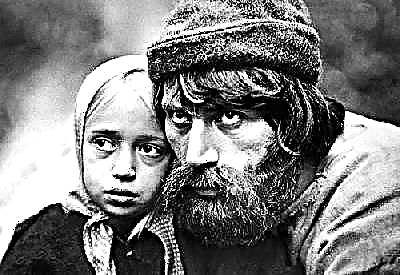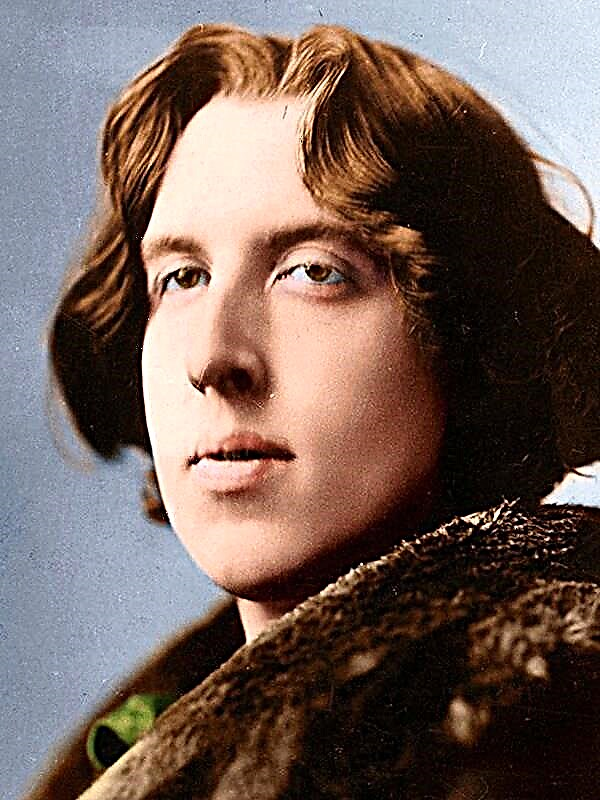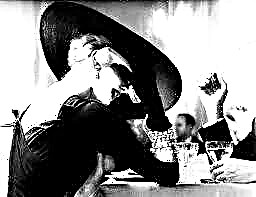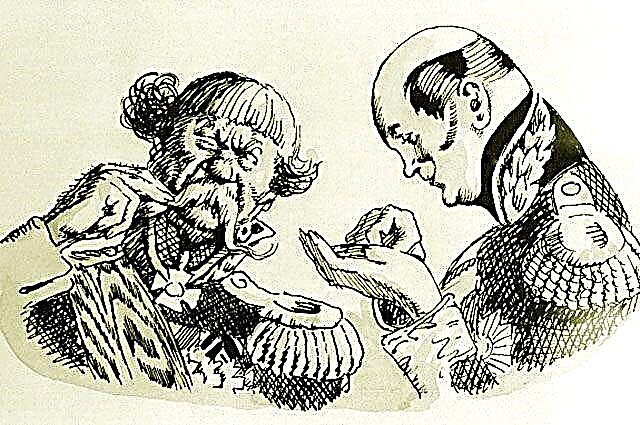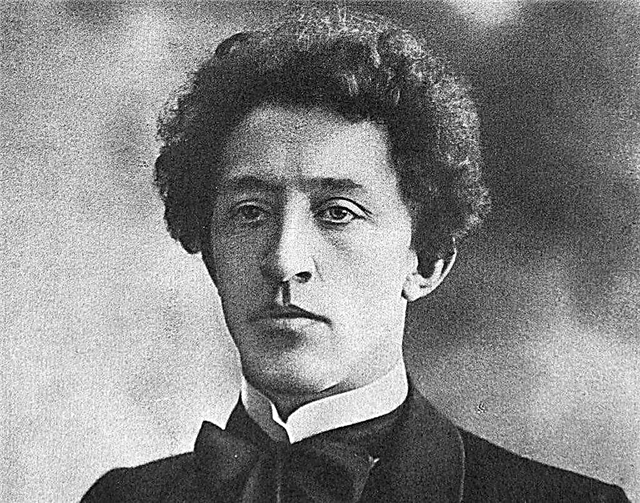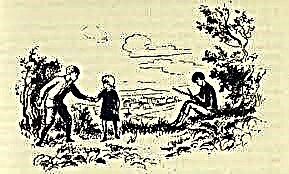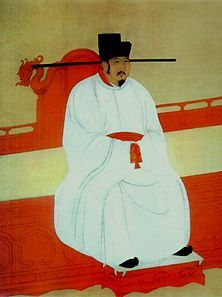(391 words) Griboedov showed in his work that in the first third of the 19th century Russia split into two political camps. Progressive nobles appeared who advocated for a change in society. Chatsky expresses their views. On the other hand, the conservative nobility is depicted in a comedy in the person of Famusov and people like him. The main conflict is determined by the fact that the heroes have opposite views on the main issues of social development.
The conflict of generations makes itself felt in relation to the heroes of serfdom. Representatives of the Famus society are used to managing others' lives. For example, the rich mistress Khlestova treats her slave in the same way as she treats a dog. She brings both of them to the evening party for her own entertainment, and then she asks Sofia to send them a “handout” from the master's table. Chatsky expresses his attitude to this in the monologue "And who are the judges?" He tells of a landowner who traded his faithful servants for dogs, although they were devotees and saved him many times. Such acts provoke indignation in him. He is an opponent of serfdom. Also, the characters differ in their attitude to education. Representatives of the Famus society are against education. In their opinion, excess knowledge is harmful. When a rumor passes through society about Chatsky’s insanity, everyone is sure that the reason is his desire to learn. Alexander, on the contrary, is a supporter of education, as it develops a person. In addition, the attitude of the actors to the service is noteworthy. Moscow society is convinced that serving is only for profit. For example, Skalozub wants not to defend his homeland, but to become a general. Famusov is the "manager in a state-owned house." Serving him is a boring duty, but he does not resign, as his position gives him a good position in society. Chatsky calls all these goals one scornful word - "to serve." The protagonist believes that a decent person should, first of all, benefit the people, and not care about personal gain. In the past, he held a high post. He could make a good career, but left, because sovereign people did not appreciate his ideas. This suggests that their understanding of patriotism is different. Famusov extols Moscow for the fact that no one here wants change. Alexander just condemns Moscow for this, exposes "past life meanest traits." But still, she is dear to him, since this is his hometown. Chatsky's patriotism lies in his desire to make his country more civilized.
Thus, A. S. Griboedov was able to show that the social conflict between the progressive and conservative nobility was very acute. These people did not find a common language on any serious issue.

